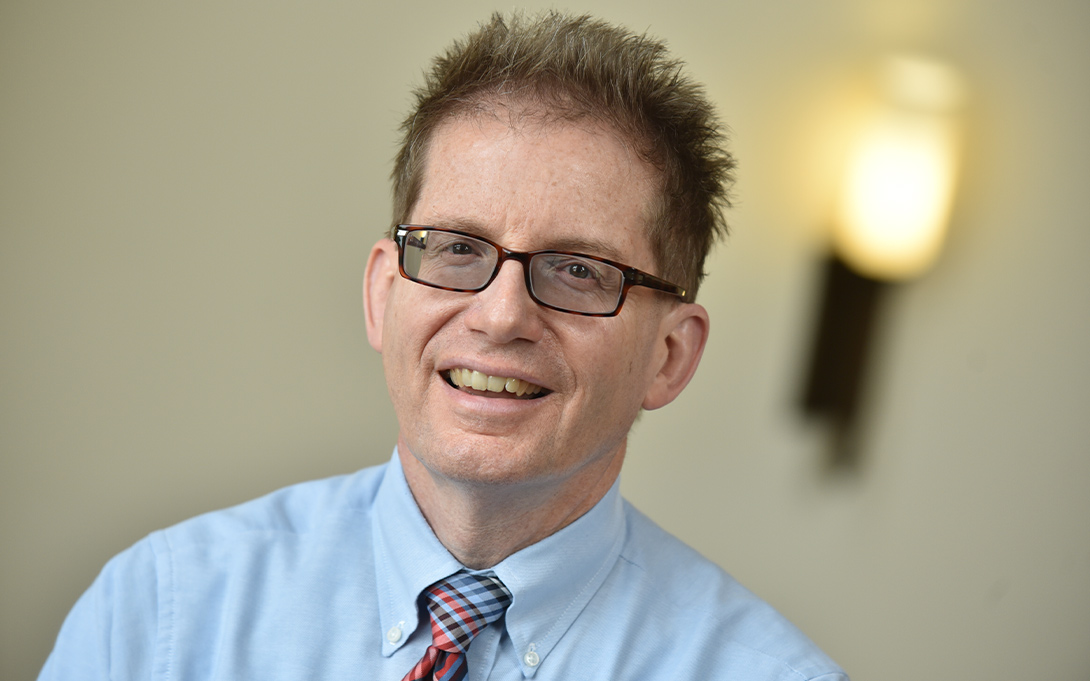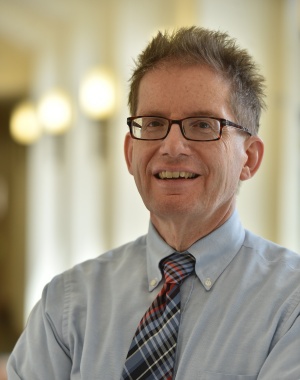
Ford School professor Barry Rabe said the functioning of the U.S. political system has not been able to handle real action on climate change. He called for a broader look at how political scientists and economists could find linkages that could help break through the political stasis. Speaking at a symposium of the International Association for Energy Economics at the annual meeting of the Allied Social Sciences Association, Rabe said he could see how some carbon pricing models could emerge, alignoing with the theme, "Decarbonizing the Global Economy: Balancing Economic Efficiency and Political Feasibility."
"One of the biggest surprises about the 117th Congress is, in an era where the conventional thinking is that carbon pricing is politically impossible, at least in the United States, how well some of the pricing policies have done: regarding methane which passed the House of Representatives, the restoration of the Superfund tax on chemicals and the separate one on oil and gas. None of these are pure carbon prices, but I would not have anticipated, given the rhetoric of the last campaign and the overwhelming set of arguments that carbon pricing is a metaphysical impossibility politically, that these would have lasted."
"The death of carbon pricing, even in the United States, is greatly overstated and exaggerated," he added.
You can see his presentation here.
